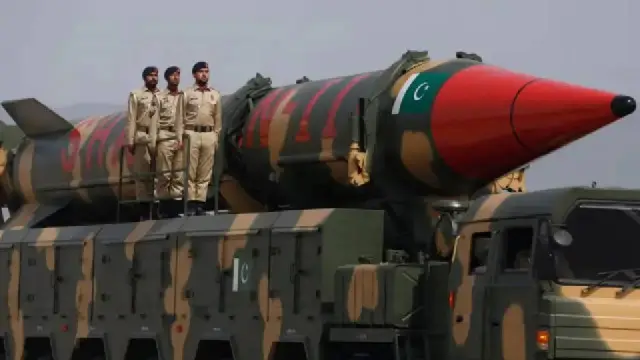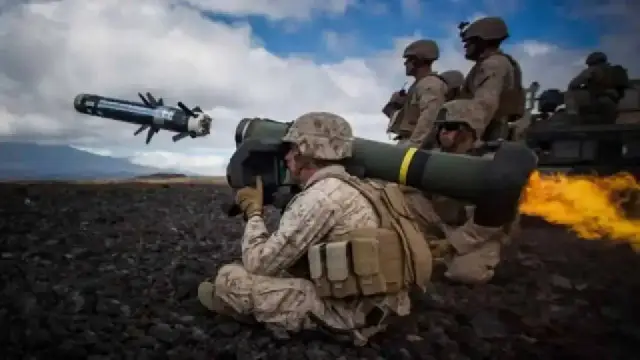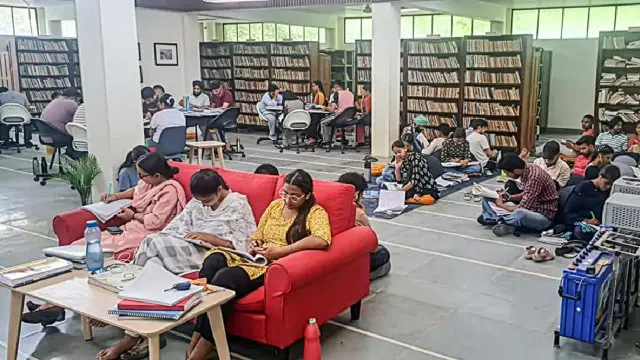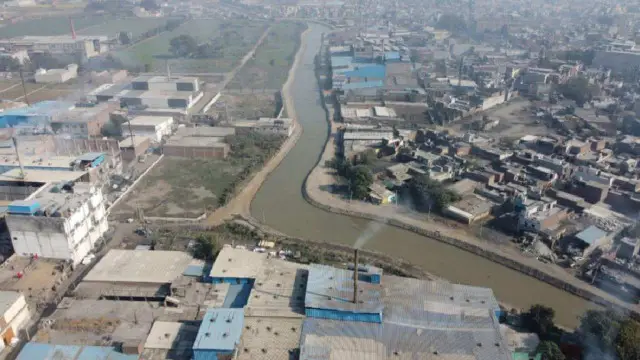Experts from Japan, China convene to discuss disposal of treated radioactive water
Fishery organizations and neighboring nations, particularly China, have objected to the Fukushima Daiichi nuclear power plant's discharges.

In a significant collaborative effort, experts from Japan and China recently gathered to engage in discussions regarding the disposal of treated radioactive water. This meeting comes as both countries seek viable solutions to manage the aftermath of nuclear energy production responsibly and effectively.
Treated Radioactive Water from Fukushima
The focal point of the discussions revolves around the treated radioactive water stored at the Fukushima Daiichi Nuclear Power Plant in Japan. Following the devastating earthquake and tsunami in 2011, the plant faced a catastrophic meltdown, leading to the accumulation of vast amounts of contaminated water used to cool the reactors.
Over the years, efforts have been made to treat this radioactive water, resulting in the removal of most radioactive elements. However, tritium, a mildly radioactive isotope of hydrogen, remains present in the treated water, prompting the need for a comprehensive disposal strategy.
Addressing Environmental and Safety Concerns
One of the primary objectives of the Japan-China experts' meeting is to address environmental and safety concerns associated with the disposal of treated radioactive water. Both nations recognize the importance of transparent communication, scientific collaboration, and public engagement in formulating a responsible and sustainable approach.
Exploring Disposal Options and Risk Mitigation
During the discussions, experts are exploring various disposal options, including controlled release into the ocean, evaporation, or underground storage. Each option carries its set of challenges and considerations, requiring thorough risk assessment and mitigation measures to minimize potential impacts on marine ecosystems and human health.
International Cooperation and Information Sharing
The meeting highlights the significance of international cooperation and information sharing in addressing complex environmental and nuclear safety issues. By leveraging collective expertise and exchanging best practices, Japan and China aim to develop a consensus-driven strategy that prioritizes safety, environmental protection, and public trust.
Public Engagement and Transparency
Integral to the discussions is a commitment to public engagement and transparency. Both governments recognize the importance of keeping the public informed and involved in decision-making processes related to nuclear waste management and environmental protection.
Collaborative Solutions
As the meeting progresses, experts from Japan and China are focused on identifying collaborative solutions that balance technological feasibility, environmental responsibility, and public acceptance. The outcome of these discussions will play a crucial role in shaping future policies and practices regarding the disposal of treated radioactive water, setting a precedent for responsible nuclear waste management globally.

















